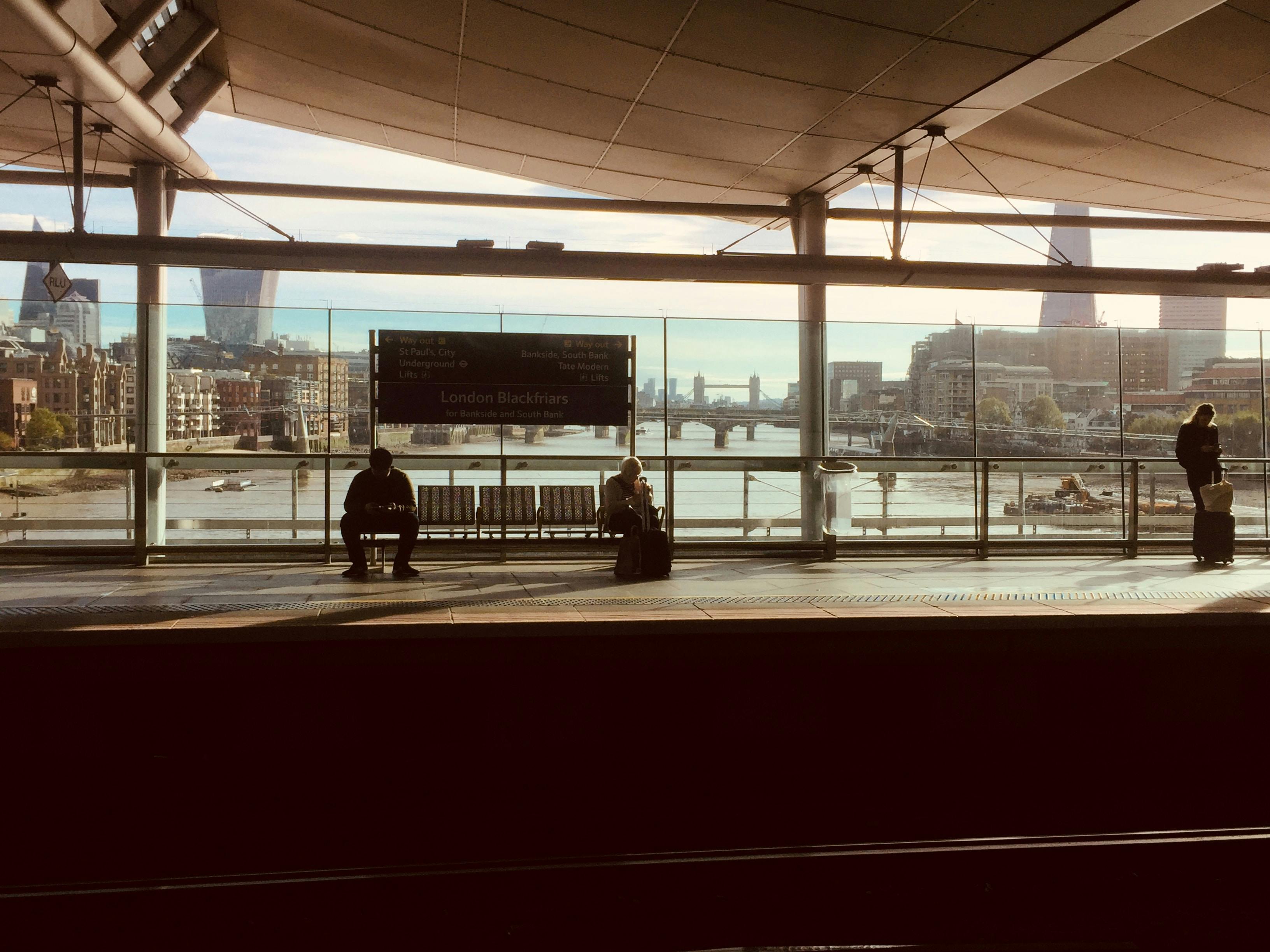
What is 'transport poverty' and can sustainable transport help? (Susmita Mukherjee)
In an article published by The Guardian in January 2023, the term ‘transport poverty’ found its way into mainstream conversation. Three months on, we explore the role of sustainable alternatives to counter transport poverty across the UK.
In a report filed by the Member’s Research Services of the European Parliament dated October 2022, transport poverty has been described as:
"Transport poverty refers to a lack of adequate transport services necessary to access general services and work, or to the inability to pay for these transport services. Intertwined with social vulnerabilities, such as low income, old age or disabilities and with regional disadvantages."
Great Britain has been addressing the concern through academic research and policy changes since much earlier than this latest study. In July 2019, NatCen conducted a study ‘Transport and Inequality: An evidence review for the Department for Transport’ which entailed an in-depth study and analysis of the impact of Transport Poverty in the UK. The study uncovered crucial facts including “Those who depend more on the bus network to participate in the labour market tend to be lower paid, live in areas of deprivation, and are more likely to turn down employment due to transport limitations.” The study has also factored in gender inequality and the role that gender plays in transport poverty as well. “A lack of adequate public transport creates barriers to women accessing employment and educational opportunities, thus hindering their ability to participate in public life.”
The study, based on the findings of 30 studies across the UK, specified in the solutions that “it would be worthwhile investigating the potential of MaaS or DRT to provide acceptable alternatives to high-cost car use.” Sustainable transport options, which would be inclusive by design, was a key conclusion shared through the study. “It would be illuminating to investigate the net effect of improved transport links at the individual level, taking account of both the pricing-out of poorer residents and of the greater income potential offered by the improved infrastructure. Existing national cohort study data are unlikely to have sufficient power at the local level to detect effects of individual schemes, but prospective work could be undertaken alongside the development of new proposed schemes.”
Initiatives like the ‘Superloop’ buses around London can be viewed as a result of the same. Part of a £6 million (US$7.4 million) investment by the Mayor in outer London bus services alongside the expansion of the Ultra-Low Emission Zone (ULEZ) to the Greater London boundary, the Superloop has been announced for six routes at its inception, with the possibility of expansion.

At the launch event in London in March 2023, Mayor Khan said:
“When I made the tough decision to expand the ULEZ London-wide, one of my key commitments was to improve transport links in outer London,”
“Today I am delivering on that commitment as we announce the Superloop, the game-changing new network of express buses that will add over four million additional kilometres to our bus network in outer London, linking stations, town centres, hospitals and transport hubs. These new routes will make it much easier for Londoners to get around the capital, and help build a better, greener London for everyone.”
The proposed new routes could add over 4 million kilometres on to London’s bus network, according to the operator, TfL.